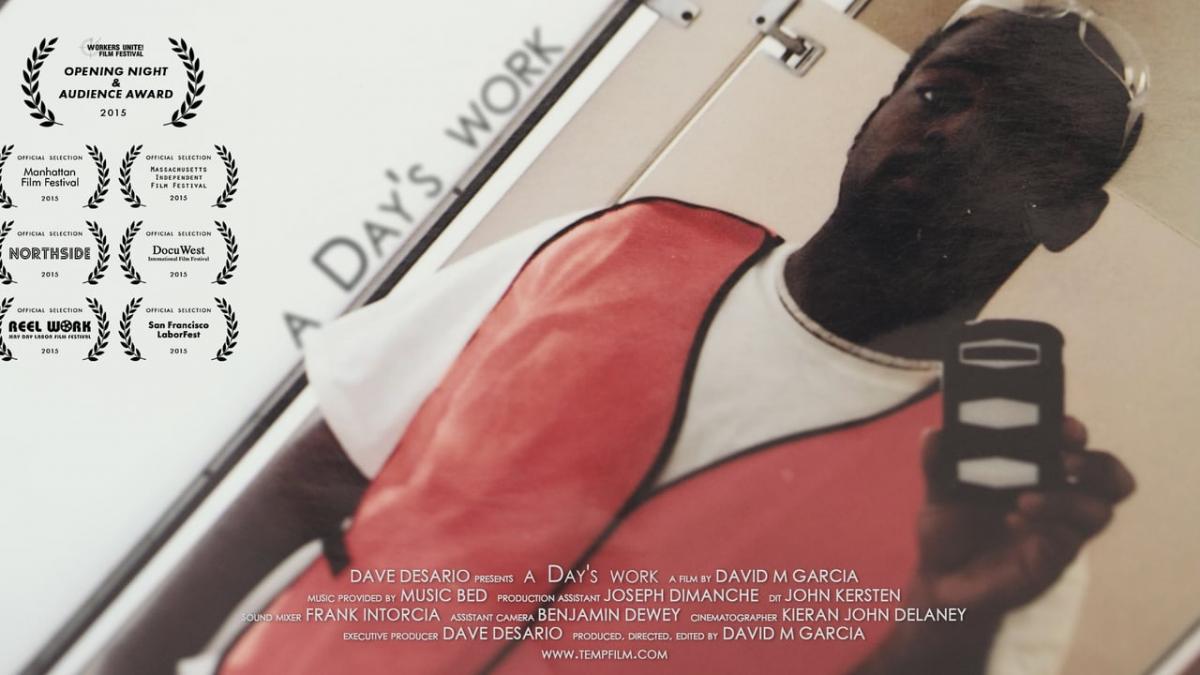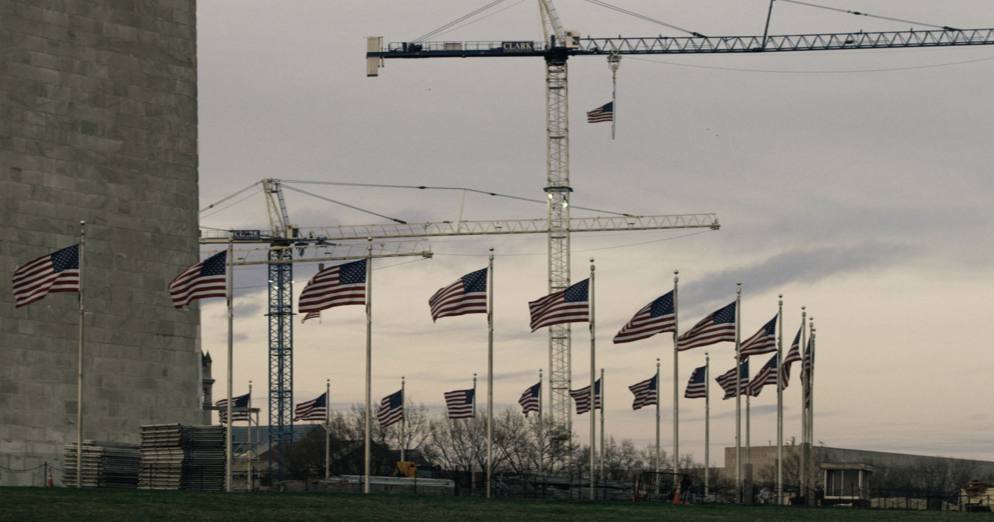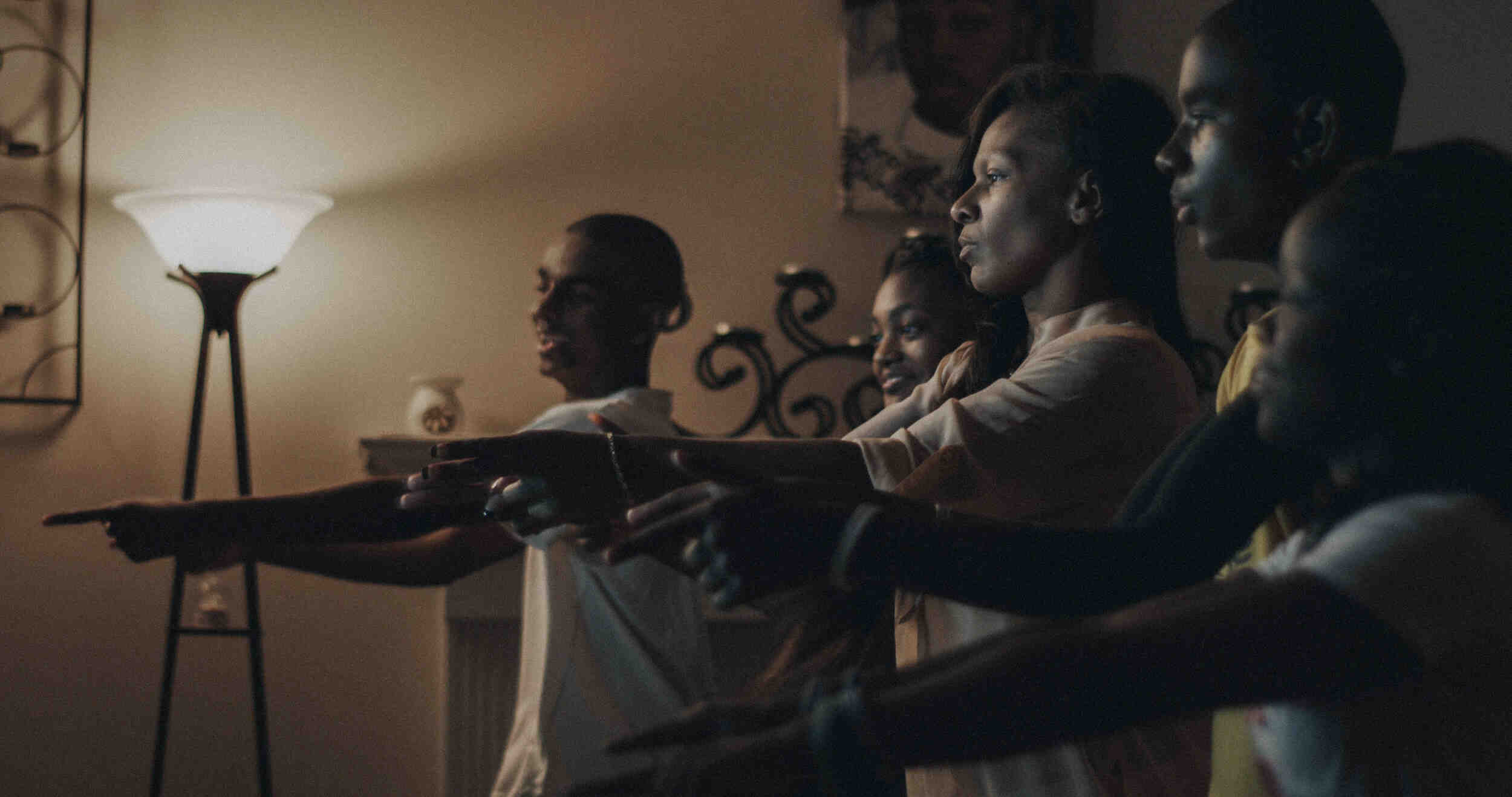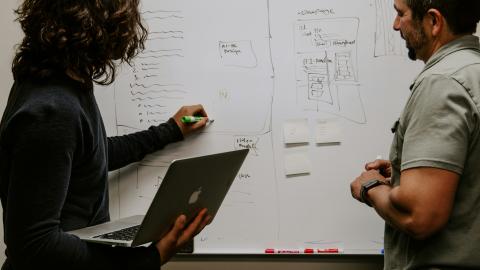
April 7, 2016
Recently, the Northwest Center for Occupational Health and Safety and the Department of Environmental and Occupational Health Sciences joined with the Harry Bridges Center for Labor Studies to sponsor the Seattle premier of the film "A Day's Work" and a panel discussion on the dangers of temporary work. "A Day's Work" focuses on the story of Day Davis, a temporary worker at the Bacardi factory in Florida who lost his life 90 minutes into his very first shift.
Event attendee opinion** piece:
 I have been working in occupational health and safety for a while now, I've never formally studied it, I didn't even get in to the field "on purpose", but now that I'm here, and I'm living it, and I'm seeing the impacts every day..."wow" I say to myself, this work we're doing is so important.
I have been working in occupational health and safety for a while now, I've never formally studied it, I didn't even get in to the field "on purpose", but now that I'm here, and I'm living it, and I'm seeing the impacts every day..."wow" I say to myself, this work we're doing is so important.
As somebody who works in occupational health and safety this film immediately caught my eye. A worker died 90 minutes into his shift on his very first job. "Where was his safety training?" I thought to myself, "Where was his supervisor? Why was a brand new worker immediately assigned to a dangerous position?" So many questions came into my head, "how are we still allowing these incidents to happen in America?"
 Although I've worked in health and safety for a while, I didn't know much about the temporary work industry - in particular poorly run, and sometimes predatory staffing agencies - before watching this film. They're invisible in the typical picture of American industry, they hide in the shadows providing poorly trained and desperate workers to big companies with dangerous factories and big bottom lines. They disappear when their "product" - the workers they provide - gets damaged or destroyed, leaving families with their livelihood diminished, and the host workplaces with little more than a hand slap. Nobody seems to regulate the training given to these employees, and nobody takes responsibility for their safety. These workers are treated like a product for getting the job done at a low cost, with little to no liability. If a worker gets hurt or killed, "Who cares? Just get a new one". The workplace where the incident occurred doesn't owe that worker or their family a thing, the temp agency was that person's employer, and they're nowhere to be found or playing a "he said, she said" game.
Although I've worked in health and safety for a while, I didn't know much about the temporary work industry - in particular poorly run, and sometimes predatory staffing agencies - before watching this film. They're invisible in the typical picture of American industry, they hide in the shadows providing poorly trained and desperate workers to big companies with dangerous factories and big bottom lines. They disappear when their "product" - the workers they provide - gets damaged or destroyed, leaving families with their livelihood diminished, and the host workplaces with little more than a hand slap. Nobody seems to regulate the training given to these employees, and nobody takes responsibility for their safety. These workers are treated like a product for getting the job done at a low cost, with little to no liability. If a worker gets hurt or killed, "Who cares? Just get a new one". The workplace where the incident occurred doesn't owe that worker or their family a thing, the temp agency was that person's employer, and they're nowhere to be found or playing a "he said, she said" game.
Before the big rise of the temp industry, investing in safety was a win-win for employers and employees. Now temporary agencies have taken on the roles of employers, leaving big companies with little financial incentive to invest in safety. The host companies are not financially responsible if a temporary worker is injured, so why spend the money to train them? As health and safety professionals, this is the biggest hurdle we have to overcome - how do we convince big businesses that safety is still important when it is no longer feeding their profits?
As I was watching the film several things stood out to me. The first, Day Davis was killed doing a job he wasn't hired for. He hadn't been trained to work around the heavy machinery, in fact his only training was a 15 minute orientation before the start of his shift. When a machine malfunctioned and created a mess the supervisor said "get me a temp to clean it up". In the Bacardi factory, like many others, the temporary workers were treated like second class citizens, and the supervisor didn't see it as his job to check on what Day had been trained for, or watch out for his safety - after all he wasn't a "real" employee.
 The second, was a statement made by Day's younger sister Antonia. While talking about what happened to her brother she said, "It just doesn't add up." Antonia states that in life you are trained on how to drive, you're trained on how budget your money, and how to care for your house - nobody expects you to come into life knowing these things, "so why can't you be trained on how to do your job safely?" These are such wise words from a 17 year old. You wouldn't let a bank teller work without being trained on handling money, you wouldn't let a fire fighter enter a burning building without being trained on fire safety, so why are companies so willing to let temporary workers enter a factory with essentially zero safety training? The answer: safety no longer pays in an economy where temp agencies are allowed to be legal employers.
The second, was a statement made by Day's younger sister Antonia. While talking about what happened to her brother she said, "It just doesn't add up." Antonia states that in life you are trained on how to drive, you're trained on how budget your money, and how to care for your house - nobody expects you to come into life knowing these things, "so why can't you be trained on how to do your job safely?" These are such wise words from a 17 year old. You wouldn't let a bank teller work without being trained on handling money, you wouldn't let a fire fighter enter a burning building without being trained on fire safety, so why are companies so willing to let temporary workers enter a factory with essentially zero safety training? The answer: safety no longer pays in an economy where temp agencies are allowed to be legal employers.
When OSHA was established the United States Government declared that all workers in America have a right to go home at the end of the day. With the rise of the temporary work industry, and the loopholes created by temporary staffing agencies taking on the roles of employers, this right is no longer being protected for many Americans. So the question I left this experience with was, "what can we as health and safety professionals do to restore this right?" It is a very hard question to answer, but it is one that must come to the forefront as we move into the future of occupational health and safety.
*All photos featured in this blog post are the property of the Temp Worker Film.
**All views and opinions expressed in this blog post belong to the individual who contributed the post, and do not necessarily represent the views the Northwest Center for Occupational Health and Safety, The Department of Environmental & Occupational Health Sciences, The School of Public Health, or the University of Washington.




